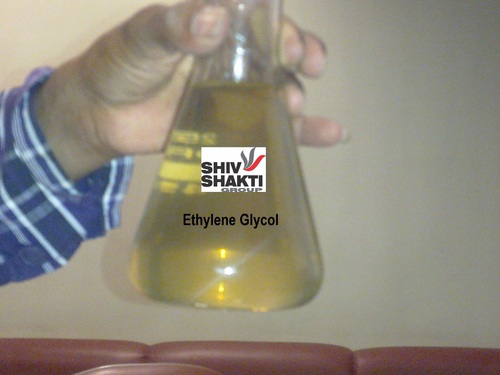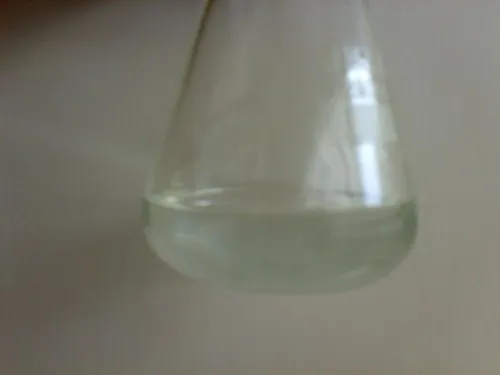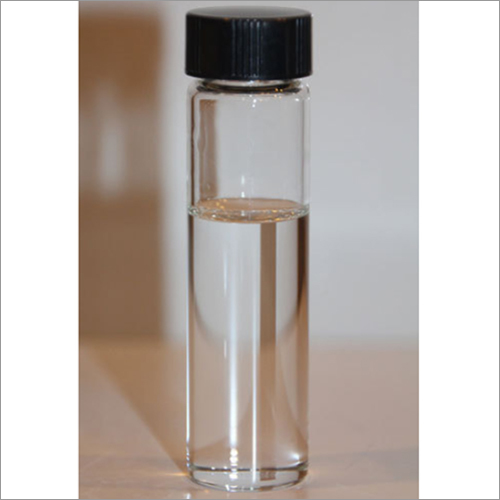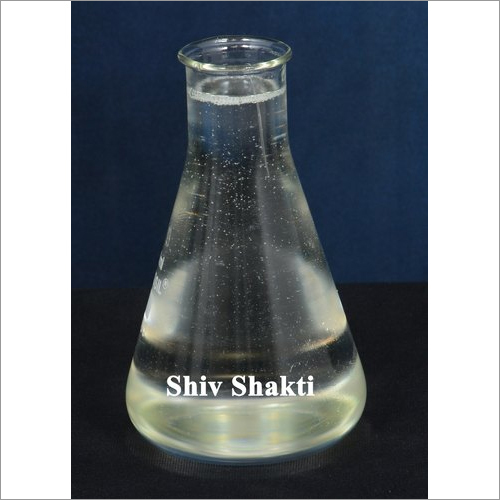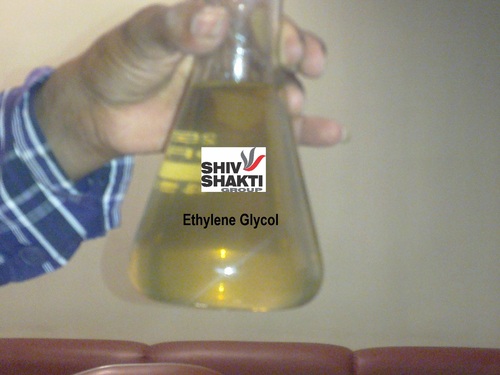
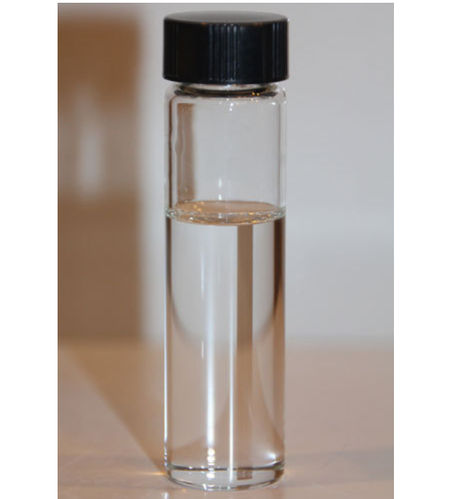
Liquid Ethylene Glycol
Product Details:
- CAS No 107-21-1
- Purity 99%
- Density 1.11 Gram per cubic meter (g/m3)
- Appearance Clear colurless
- EINECS No 203-473-3
- Click to View more
Liquid Ethylene Glycol Price And Quantity
- 230 Kilograms
- 40 INR/Kilograms
Liquid Ethylene Glycol Product Specifications
- 99%
- 203-473-3
- 1.11 Gram per cubic meter (g/m3)
- Clear colurless
- 107-21-1
Liquid Ethylene Glycol Trade Information
- ICD Vadodara
- Cash Against Delivery (CAD) Telegraphic Transfer (T/T) Days after Acceptance (DA) Cash in Advance (CID) Cash Advance (CA)
- 100000 Kilograms Per Month
- 1-2 Days
- Yes
- Within a certain price range free samples are available
- 230 kgs HDPE Drum or Tanker Load
- All India
- ISO 180001
Product Description
Soluble in water, Ethylene Glycol has clear light yellow color. Its ph value ranges between 5 to 8. Its storage life is 2 years and its molar mass is 62.068 gram. Available in 97% pure content, its density is 1.11 gram/liter. It contains ethylene oxide. Moisture level of Ethylene Glycol is 0.24%. Ethylene Glycol is required to formulate coolant, ceramic items, resin ester based plasticizer and heat transfer fluid. It is also utilized to produce synthetic rubber based adhesive and automotive grade anti freezing factor. Standard of this chemical has been verified on the basis of its storage life, composition, chemical stability.
Ethylene Glycol Properties:
1. Appearance : Clear colorless
2. Sp. Gravity : 1.15
3. Glycol Contents : 99% Glycol , MEG - 91 %, DEG- 08 %
4. Moisture(by KF) : 0.24
Ethylene Glycol Applications:
Ethylene glycol has numerous applications in various industries, including:
1. Antifreeze: Ethylene glycol is commonly used as an antifreeze agent in automotive coolants and industrial cooling systems. It can help prevent engines from freezing in cold temperatures and protect against overheating.
2. Deicing: Ethylene glycol is also used as a deicing agent to remove ice and snow from aircraft, runways, and roads. It can lower the freezing point of water, making it easier to remove ice.
3. Polyester production: Ethylene glycol is a key raw material used in the production of polyester fibers, films, and resins. It is reacted with terephthalic acid to produce polyethylene terephthalate (PET), a versatile material used in clothing, packaging, and other applications.
4. Plasticizer: Ethylene glycol can also act as a plasticizer, adding flexibility and durability to plastics and other materials.
5. Solvent: Ethylene glycol is commonly used as a solvent in a variety of applications, including inks, dyes, and pharmaceuticals.
6. Personal care: Ethylene glycol is used in the production of some personal care products, such as moisturizers and skin lotions.
7. Adhesives: Ethylene glycol is a key ingredient in some adhesives, such as epoxy adhesives.
8. Food industry: Ethylene glycol is used as a drying agent and a preservative in the food industry.
9. Heat transfer fluid: Ethylene glycol can also be used as a heat transfer fluid in various applications, including solar power systems and geothermal heating systems.
Frequently Asked Questions:
Q: What is ethylene glycol?
A: Ethylene glycol is a colorless, odorless, sweet-tasting liquid used as a cooling agent in antifreeze and air conditioning systems, as well as a solvent and a raw material for the production of polyester fibers and resins.
Q: How does ethylene glycol toxicity occur?
A: Ethylene glycol toxicity occurs when the substance is ingested or absorbed through the skin. It is metabolized in the body into toxic compounds that cause severe damage to the kidneys, brain, and other organs. Symptoms may not appear until several hours after exposure.
Q: What are the symptoms of ethylene glycol poisoning?
A: Symptoms of ethylene glycol poisoning may include nausea, vomiting, abdominal pain, seizures, coma, and death. Early symptoms may resemble the flu or alcohol intoxication. If you suspect you have been exposed, seek medical attention immediately.
Q: How is ethylene glycol poisoning treated?
A: Treatment involves immediate medical attention and supportive care, including administration of an antidote called fomepizole or ethanol to block the toxic effects of ethylene glycol, as well as hemodialysis to remove the poison from the bloodstream.
Q: How can I prevent ethylene glycol poisoning?
A: To prevent ethylene glycol poisoning, keep all antifreeze and other products containing the substance out of reach of children and pets. Always store these products in a secure location, and clean up any spills immediately. When handling the substance, wear protective clothing and gloves, and follow all safety precautions.
Other Products in 'Industrial Glycols' category
 |
SHIV SHAKTI INDIA
All Rights Reserved.(Terms of Use) Developed and Managed by Infocom Network Private Limited. |


 English
English Spanish
Spanish French
French German
German Italian
Italian Chinese (Simplified)
Chinese (Simplified) Japanese
Japanese Korean
Korean Arabic
Arabic Portuguese
Portuguese
